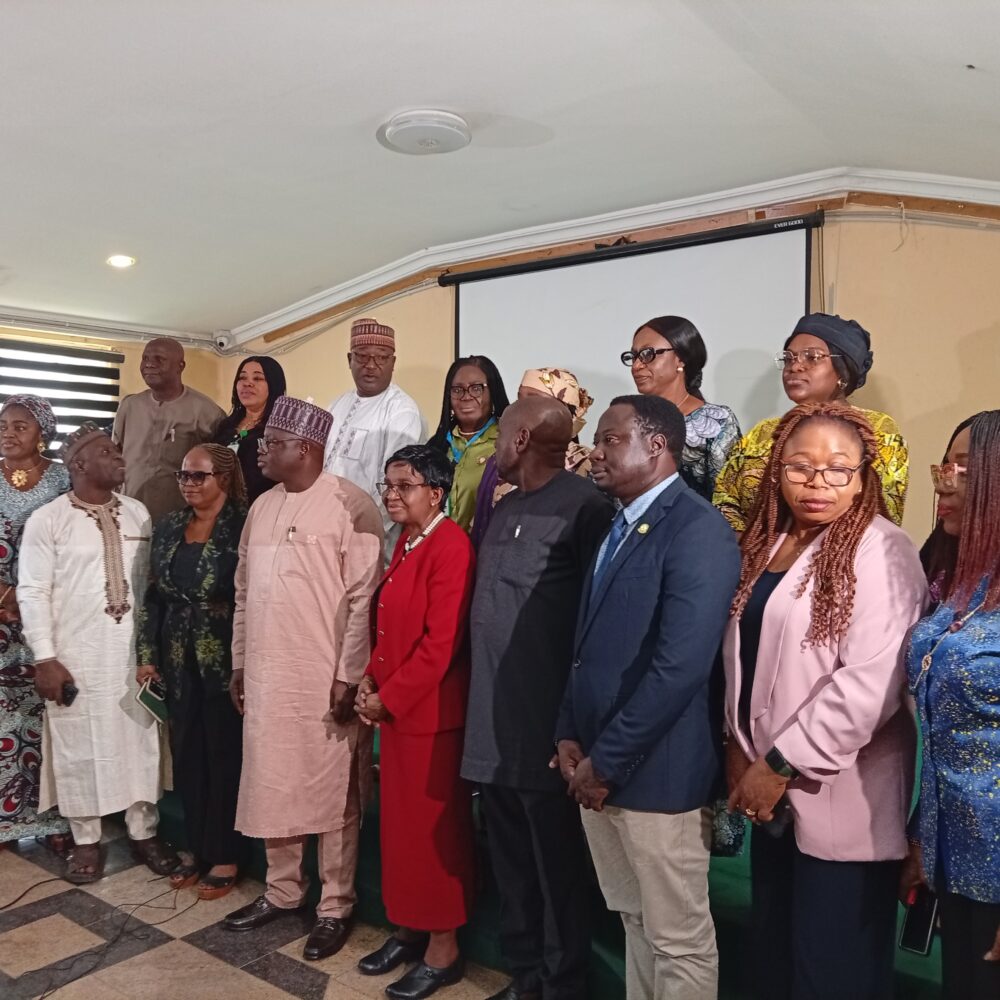The Nigeria Customs Service (NCS) has announced the successful commencement of its pilot phase for processing Form M through the B’Odogwu Unified Customs Management System (UCMS), marking a major stride in its digital transformation agenda aimed at modernising trade procedures and boosting operational efficiency.
The pilot rollout, which is currently ongoing across three designated Commands Port and Terminal Multiservices Limited (PTML), Tin Can Island Port, and Apapa Area Command has so far recorded the processing of 544 Form M entries. Out of these, 283 were successfully registered, 10 validated, and 26 stored for further action. Additionally, 41 entries were submitted, 120 returned for corrections, 11 queried, 14 locked for PAAR processing, and 39 recommended for approval.
According to a statement issued on Monday by the National Public Relations Officer, Assistant Comptroller Abdullahi Maiwada, the pilot was designed to be executed in a controlled environment to allow for strategic monitoring, stakeholder engagement, and performance assessment.
The Customs Service also confirmed that 37 Pre-Arrival Assessment Reports (PAARs) were generated during the pilot. Of these, 7 PAARs were registered, 12 had their Single Goods Declarations (SGDs) processed, 2 were fully approved, 8 recommended for further review, 4 submitted for processing, and 4 queried demonstrating the system’s capacity to handle end-to-end trade documentation.
“The successful implementation of the Form M pilot on the B’Odogwu platform signals the beginning of a nationwide transition that will streamline customs documentation, enhance transparency, and promote faster clearance timelines,” the statement read.
As part of the ongoing process, the NCS urged all carriers both shipping lines and airlines to commence the transmission of manifests to the B’Odogwu platform. It also called on financial institutions and traders to intensify their preparations for full deployment.
Under the leadership of Comptroller-General of Customs, Bashir Adewale Adeniyi, the Service reaffirmed its commitment to pursuing strategic automation reforms that support trade facilitation, revenue generation, and national development.





